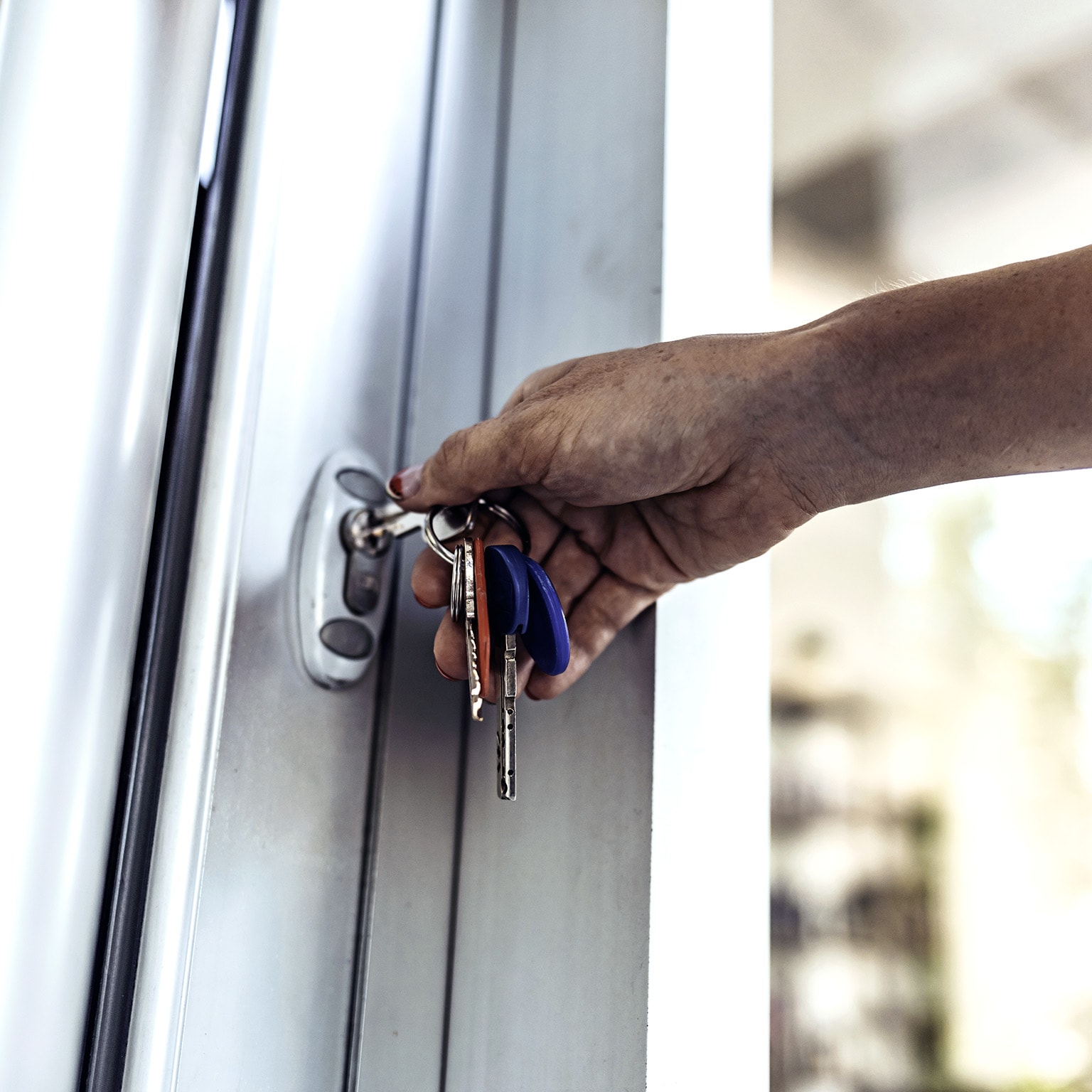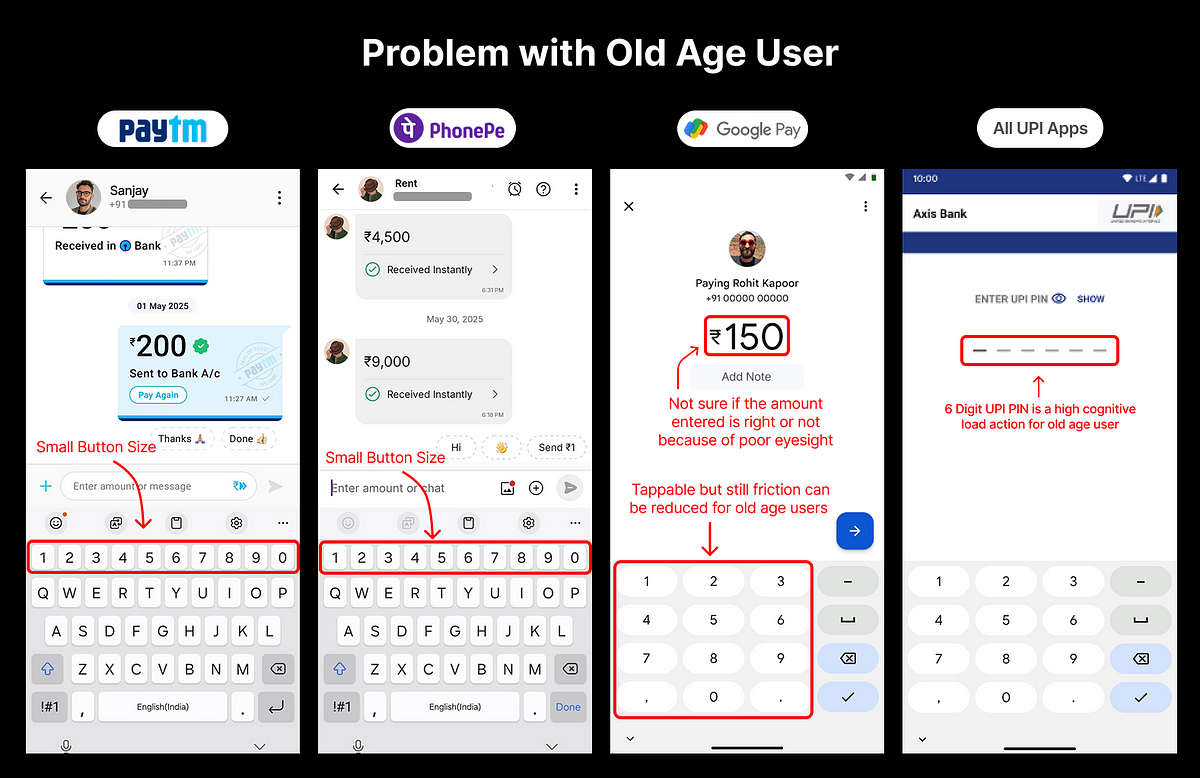legal paperwork needed to sell a house
Selling your home isn’t just about staging it and finding the right buyer—it’s also about having the correct legal paperwork ready. Whether you're working with an agent or selling on your own, having the necessary documents in order can help you avoid delays, protect your interests, and ensure a smooth closing.
Here’s a list of the key legal documents you'll need when selling your house.
1. Property Deed
The deed proves you own the property. You’ll need this at closing to legally transfer ownership to the buyer.
✔ If you can't find it, don’t worry—your county recorder’s office can usually provide a copy.
2. Original Sales Contract (When You Bought the Home)
This is the contract from when you first purchased the home. It helps you:
-
Confirm the legal description of the property
-
Provide title history
-
Reference any existing restrictions or conditions
3. Mortgage Statement or Payoff Information
If you still owe money on your mortgage, your lender will provide a payoff statement, which shows:
-
The total remaining loan balance
-
Any applicable fees or interest
-
Where the payoff check should be sent
4. Property Tax Records
Buyers often want to see the past 1–2 years of property taxes. These show:
-
The current tax rate
-
Annual costs
-
Whether taxes are up to date
5. HOA Documents (If Applicable)
If your home is part of a homeowners association (HOA), you must provide:
-
HOA bylaws or covenants
-
Contact info for the HOA
-
Records of dues or fees
-
Rules on property modifications
This helps buyers understand their obligations if they purchase your home.
6. Disclosure Forms
Sellers are typically required by law to disclose known problems or hazards. These may include:
-
Water damage or leaks
-
Pest infestations
-
Asbestos, lead paint, or mold
-
Foundation issues
-
Past renovations or repairs





































































































![Building A Digital PR Strategy: 10 Essential Steps for Beginners [With Examples]](https://buzzsumo.com/wp-content/uploads/2023/09/Building-A-Digital-PR-Strategy-10-Essential-Steps-for-Beginners-With-Examples-bblog-masthead.jpg)
















































